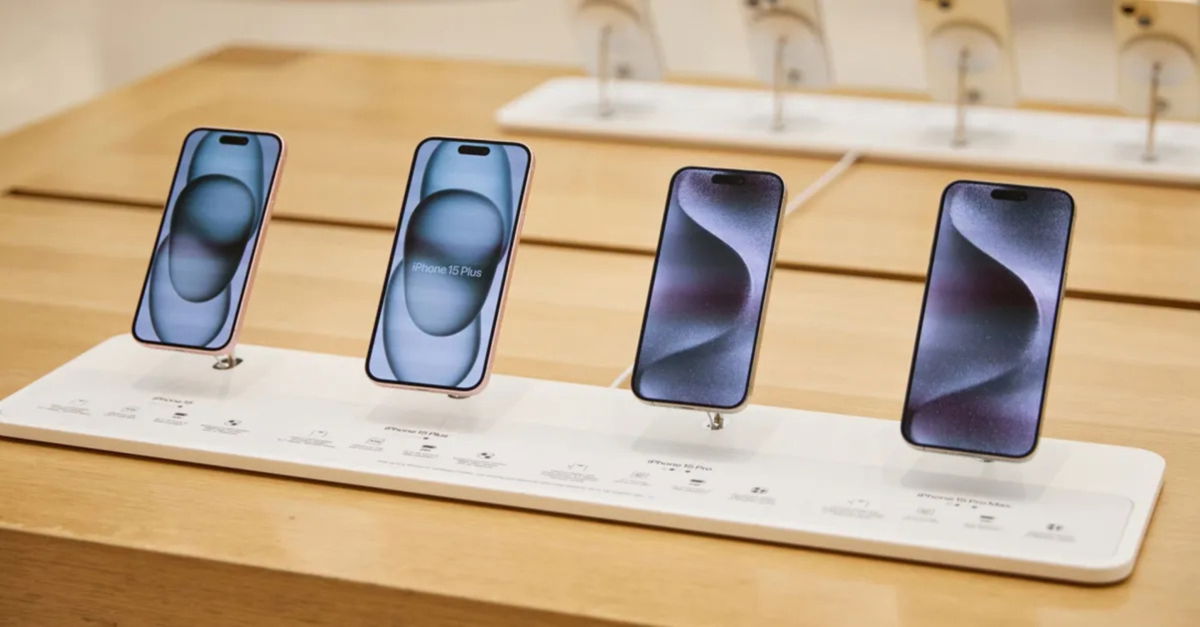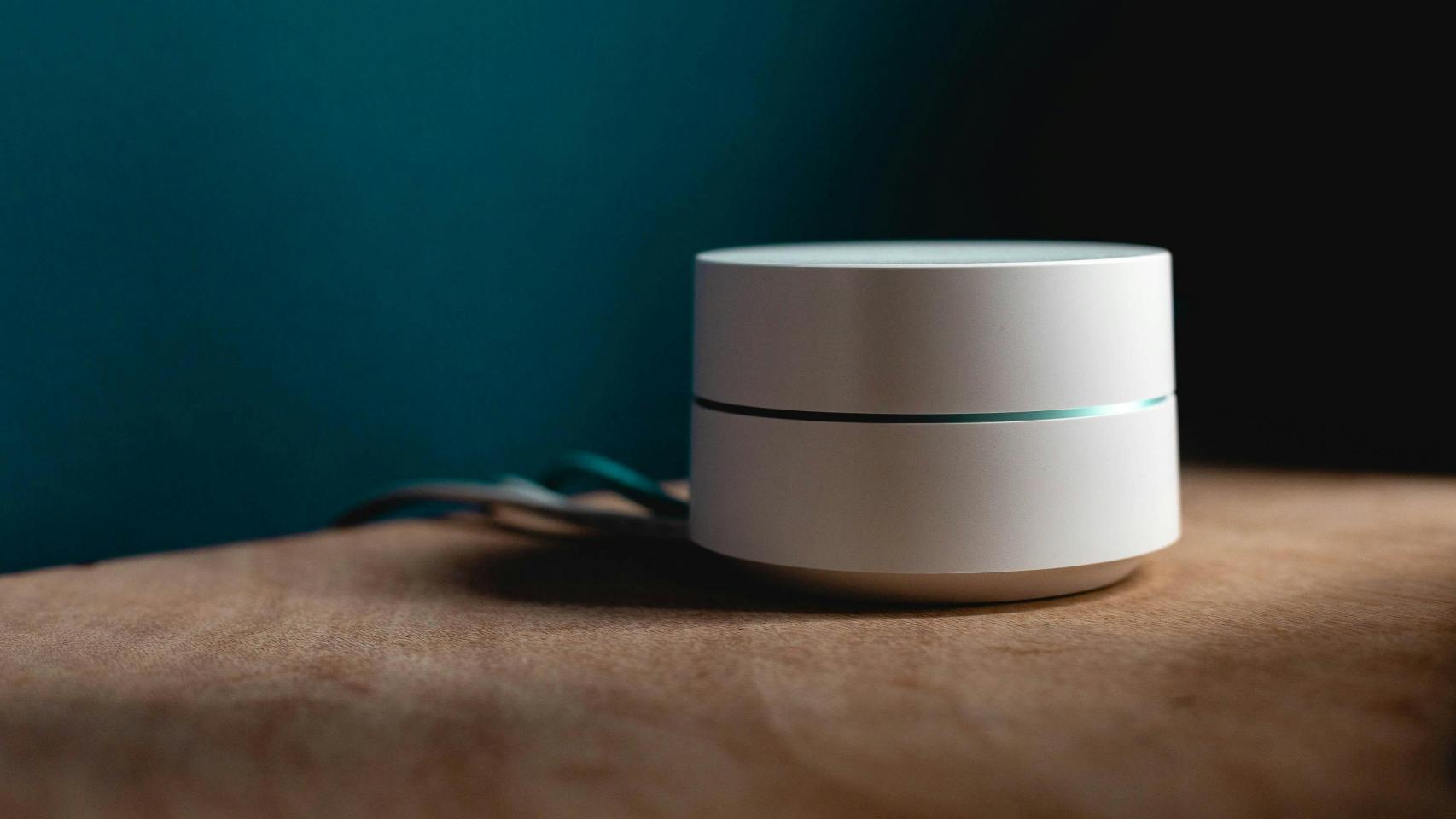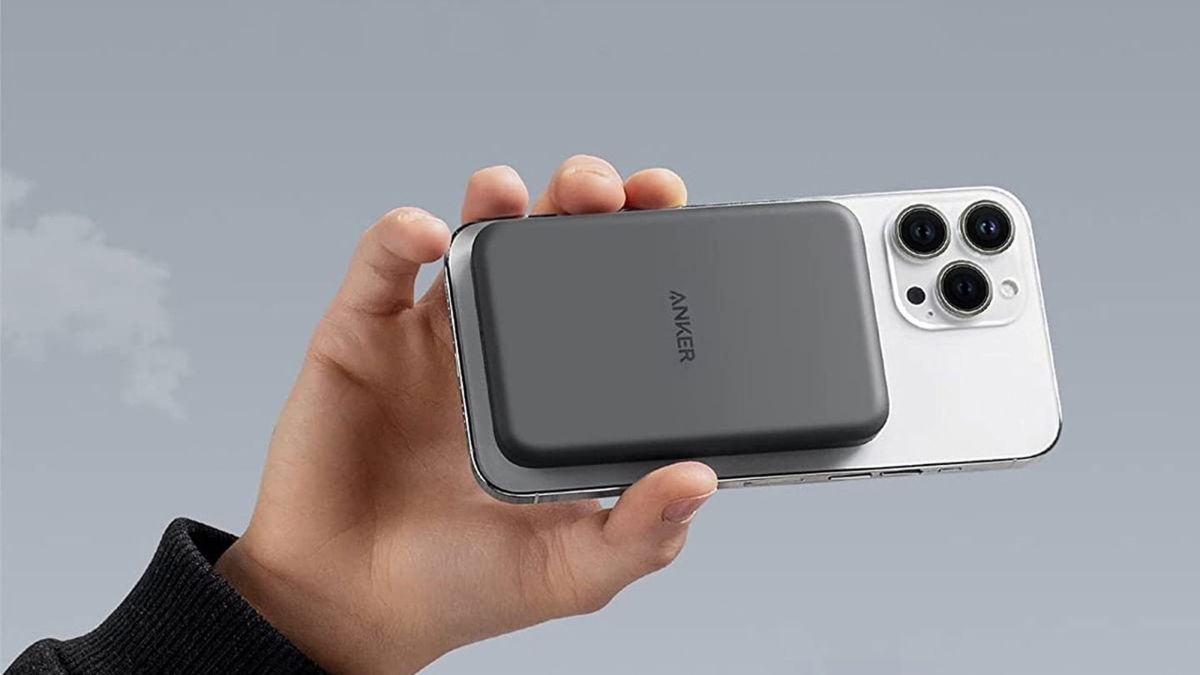The Apple terminal is a device used by millions of people every day for many years. This is why a series of iPhone myths or hobbies that should be thrown out ASAP. Frequently, they not only fail to achieve the intended goal, but also cause the opposite effect.
“Closing all apps on iPhone saves battery”
Let it be clear no, crystalline. Closing iOS apps completely does NOT save battery life. This is one of the most common fads among iPhone users: that applications running in the background block RAM memory and consume unnecessary CPU cycles, wasting battery power. It’s quite the opposite.
iOS is designed to keep a background app frozen, freeing up RAM. Also, what apps can do in this state is very limited. iOS is so well optimized that it costs less to unfreeze them than to restart them from scratch. Therefore, forcing apps to close on the iPhone is counterproductive and uses more battery than leaving them running in the background.
“The iPhone demagnetizes my cards if I carry them together”

Fake. The iPhone, like any smartphone, barely emits a magnetic field strong enough to allocate a credit card. In fact, Apple has created MagSafe wallets that are even compatible with Find. No more magnets can be on it and the cards are unaffected.
“Do not charge the iPhone overnight”

Let’s be clear: charging the iPhone overnight is not harmful in itself. what can be bad for battery health is to keep it at 100% and keep charging it for long periods of time. Current battery technology doesn’t really like extremes: neither high nor low temperatures. Nor being with a high or low charge for too long.
During this last heat wave, we saw how it destroys the iPhone battery and what we could do about it. For it avoid long loadsespecially those who use a fast charger.
“Save battery power by disabling Wi-Fi and Bluetooth antennas”

The New York Times said years ago that disabling Wi-Fi and Bluetooth antennas was pointless. Mainly because their consumption when active but not in use it’s practically priceless. And when they are active and in use, it is because we want to use them and therefore they will spend what they have to spend on battery power.
What you can do is remove the notice of connecting to a Wi-Fi network on the iPhone, which is only annoying. If you still prefer to turn off Wi-Fi and Bluetooth on iPhone at the same time, we have how to do it.
“If you leave AirDrop enabled, they can hack your iPhone”

No. Maybe a few years ago. a bug in iOS that allowed hackers to drop malware on Apple devices. But this bug was fixed a long time ago. AirDrop is end-to-end encrypted between the person who wants to send you something and your iPhone, protecting communications.
On top of all that, to receive something via AirDrop, you need to be visible and accept it. Reason why we should only open AirDrop to our contacts.
“Unofficial chargers are equal to or better than Apple’s”

Yes and no. The truth is that there are many cases of iPhones and other smartphones that have been damaged and even burned down using pirated chargers. In fact, Apple warned years ago that 99% of fake Apple chargers can be dangerous. So, resorting to other unofficial chargers can be risky.
By official we mean chargers that have the Made for iPhone certificate granted by Apple to other manufacturers. Chargers of this type therefore have the Apple quality seal and should present no problems except for a manufacturing error. The advantage is that they maintain security and also have a much more affordable price range than Apple itself.
“The iPhone also needs an antivirus”
It is very difficult if not impossible for you to get a virus on your iPhone. The brief explanation is that there are no viruses on the iPhone as we understand them. The long explanation is that iOS isn’t foolproof, and recent political cases have left users wondering if their iPhones might be infected with Pegasus.
Due to the very nature of this type of malware, they are not massive, indiscriminate attacks like traditional viruses. An iPhone antivirus would protect you from known threats that at least Apple would also be aware of. And therefore, I would work to resolve them. Therefore, the iPhone does not need an antivirus.
Table of Contents









